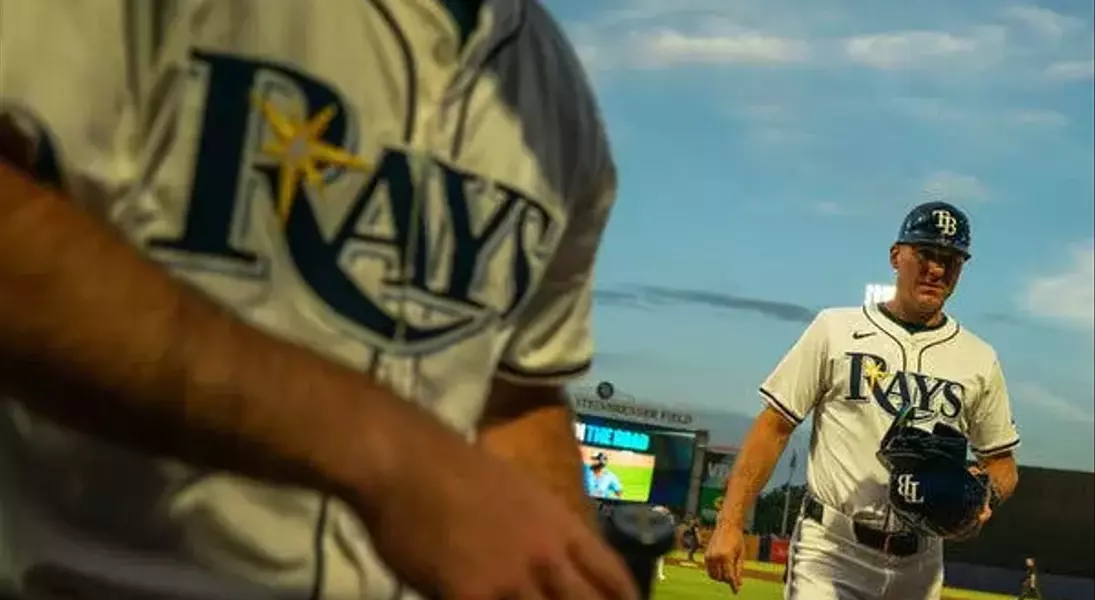




The Tampa Bay Rays, once known as the Devil Rays and the laughingstock of Major League Baseball, underwent a radical transformation under the ownership of Stuart Sternberg, a former options trader. Sternberg, who acquired the struggling franchise in 2005, implemented a data-driven and unconventional management philosophy that propelled the team to unprecedented on-field success. By embracing analytics and fostering a culture of experimentation, the Rays consistently defied their low-revenue status, achieving a winning record that rivaled even the league's wealthiest teams. This innovative approach extended to player acquisition and game-day tactics, such as repositioning fielders and strategically using relief pitchers, often setting new trends across the sport.
Despite their remarkable performance, including a World Series appearance in 2008 and another in the pandemic-shortened 2020 season, the Rays have continuously struggled with fan engagement and finding a suitable home. Their home stadium, Tropicana Field, is widely considered outdated and poorly located, contributing to the league's lowest attendance figures. Sternberg's efforts to secure a new, state-of-the-art ballpark faced numerous setbacks, including the destruction of the existing stadium's roof by a hurricane and disputes over funding, ultimately leading to the abandonment of a planned $1.3 billion facility. The team's strategy of trading star players for promising, lower-salaried prospects, while financially prudent and successful for on-field performance, has also been cited as a reason for a lack of sustained fan loyalty, as supporters struggle to connect with a constantly rotating roster.
This persistent paradox of on-field brilliance versus off-field challenges has culminated in Sternberg's decision to sell the team, marking the end of an era defined by a maverick approach to baseball management. His tenure, though successful in terms of wins and team valuation, highlights the complex interplay between sports as entertainment and as a business. The Rays' story is a testament to the power of innovation and strategic thinking in overcoming financial limitations, demonstrating that success can be forged through unconventional means. It also underscores the importance of community connection and infrastructure in building a sustainable and beloved sports franchise, serving as a powerful reminder that even the most innovative strategies require a supportive base to truly flourish.
